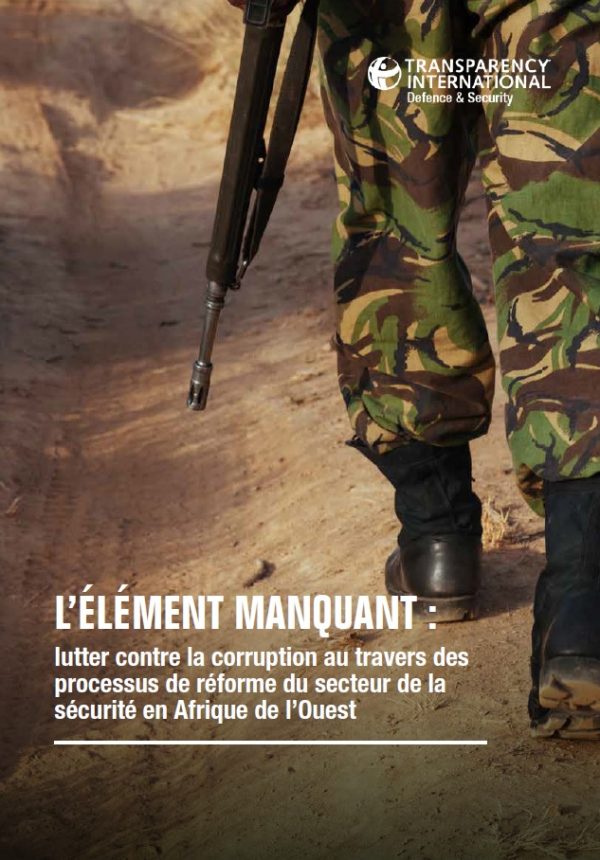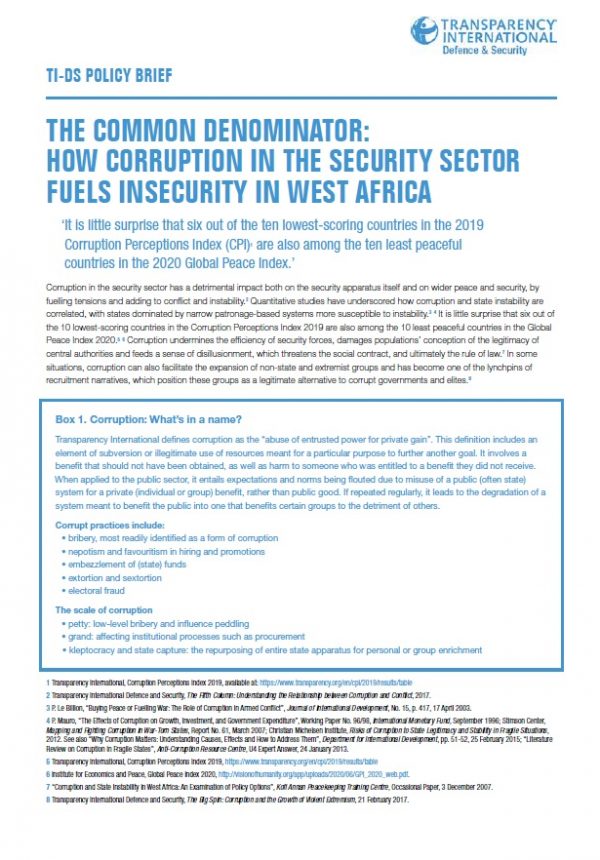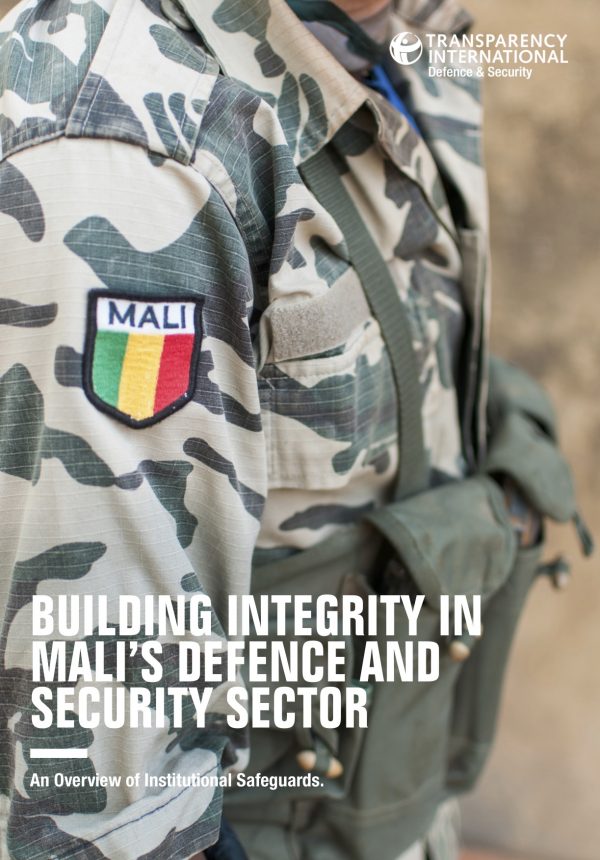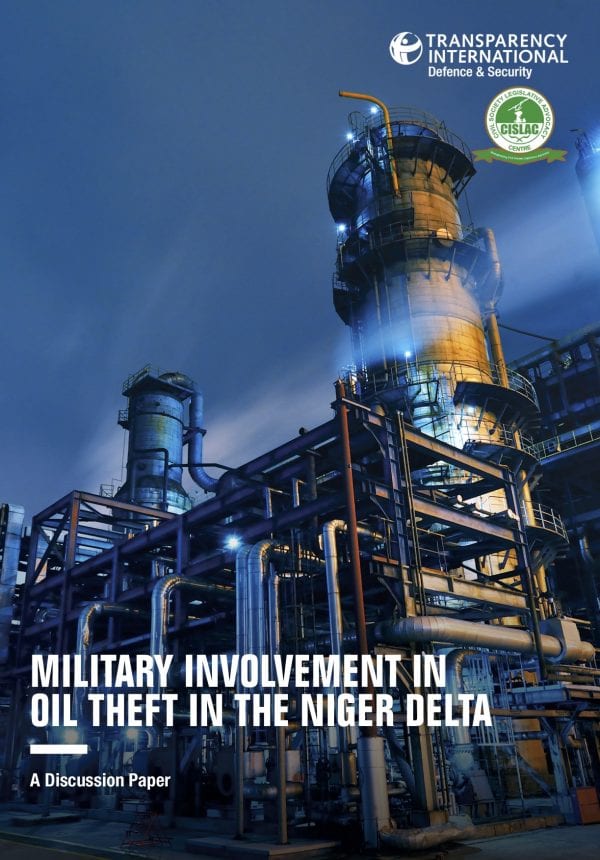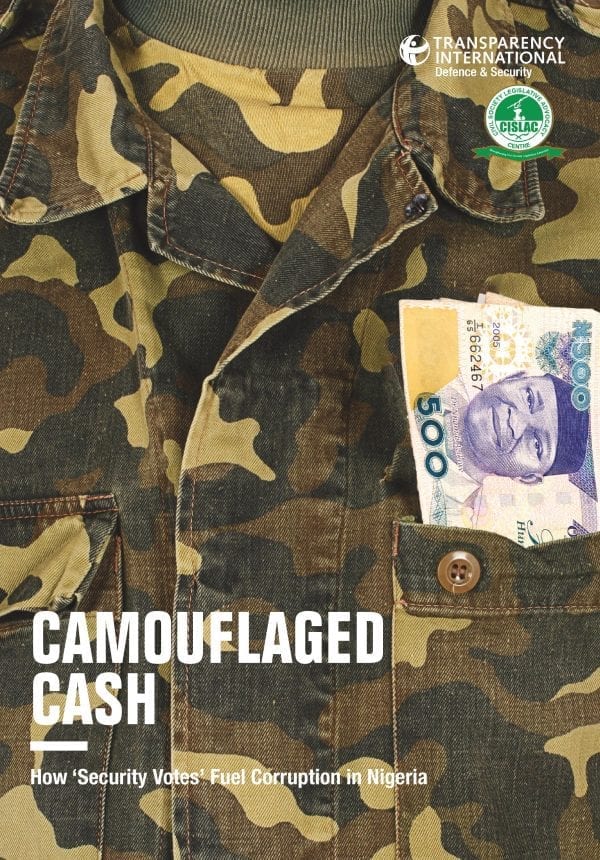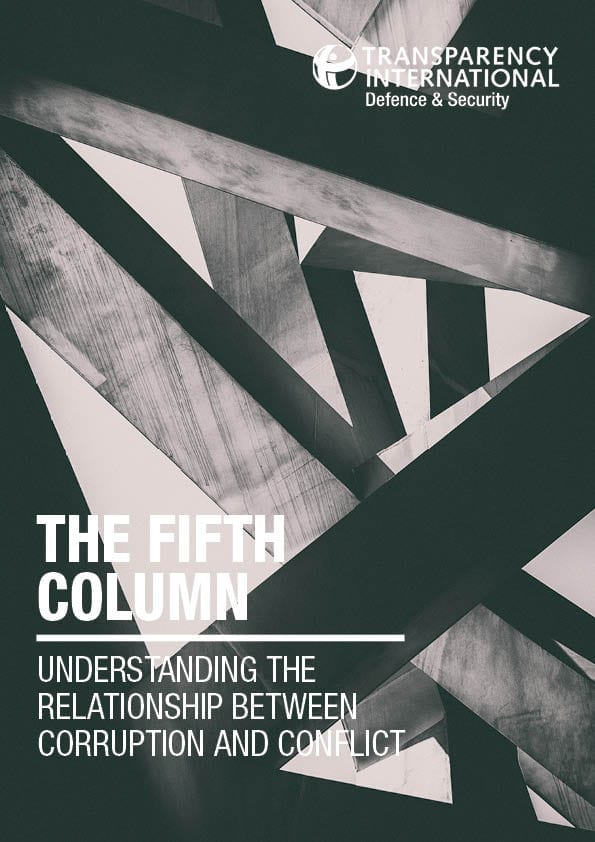Military Involvement in Oil Theft in the Niger Delta
The Niger Delta is the most important oil-producing region in Africa, with its oil providing 70 per cent of Nigeria’s government revenue. However, alongside the legitimate trade in the Delta’s oil products, there is a lucrative and organised illicit oil trade that reportedly loses Nigeria 200,000 barrels of oil every day. Participants in oil theft, also called “oil bunkering”, steal oil from pipelines, refine the oil, and then sell it to local, regional and international markets. It is a profitable criminal industry that cost the Nigerian government 3.8 trillion Nigerian naira (approx. USD$105 billion) in 2016 and 2017.
The illegal oil industry in the Niger Delta has received much international attention over the past few decades. Illegal activity has led to revenue losses as oil is siphoned off and stolen; the human cost and environmental pollution have similarly been significant. Regular spills of oil, arguably caused by oil theft and sabotage, have polluted the waterways, contaminated crops and other food sources, and released toxic chemicals into the air. In 2017, reports emerged that oil spills doubled the risk of child mortality in the Delta region.4 What remains under-explored, however, is the extent to which this illegal trade is enabled by one of Nigeria’s key state institutions: its armed forces.
This discussion paper presents preliminary findings based on interviews and focus group discussions conducted in the Niger Delta between February and July 2018. The goal is to understand how the situation evolved, to offer insight into our initial conclusions, to invite feedback and further consideration of the matter, and to provide guidance for further research.
Download Publication as PDF
